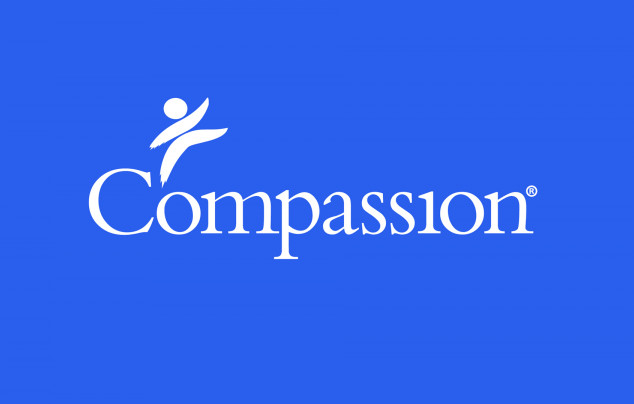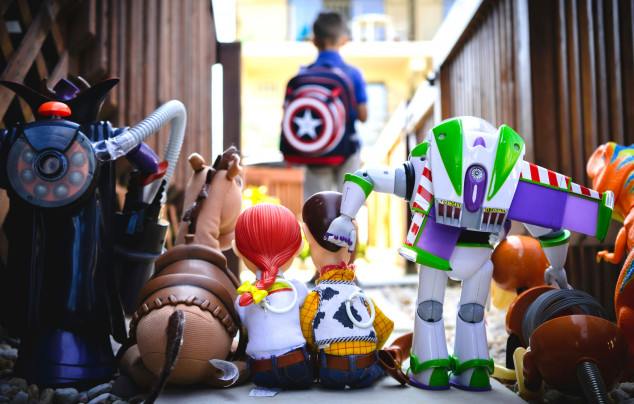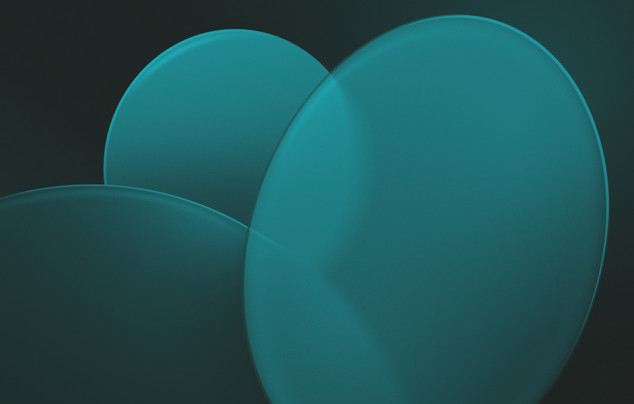Future branding in the mental health sector

Why branding in mental health is both a challenge and an opportunity
According to a report published by Allied Market Research, the global mental health sector market was valued at $383.31 billion in 2020, and is estimated to grow to $537.97 billion by 2030, growing at a CAGR of 3.5% from 2021 to 2030.
Deloitte predicts that worldwide spend on digital mental health apps will reach US$500 million in 2022.
ORCHA (Organisation for the Review of Care and Health Apps) saw a 6,500% rise in healthcare professionals recommending tech to their patients throughout the COVID-19 pandemic.
RAW Brothers have even completed a Mental Health First Aid course in 2021 which we found incredibly helpful and informative.
You could say this sector is starting to boom – which is both exciting but also a reflection of the state of play in many of our lives today.
The mental health sector was beginning to modernise and provide new commercial opportunities pre-pandemic but now in 2022, with nations health services being decimated by the pandemic, people are turning to tech and faster options.
Without diving into the detail of the mental health sector too much here (if you are interested there are some interesting links at the end of the blog) the main focus we wanted to look at was branding in the mental health sector.
3 reasons why branding in the mental health sector faces an interesting challenge:
- Providers are selling services and products that have traditionally been provided by someone else e.g. in-country national health service
- Users understand that their national health service advises and provides mental health services and products, they trust and the rely on the direction given
- Now these products and services are being broken down with multiple routes in market e.g. digital, gurus, experts, in-person and they are not bound by region and often disconnected from swamped national health providers

So what happens when a new sector is emerging
Everyone understands what a hoover is and most people understand that it was actually a brand, a brand name that became synonymous with a product and sector, it became a verb. More recently we have seen brands competing to lead sectors. Online conferencing has swapped from being known as a 'Skype' call to let's do a 'Zoom'. This sector is interesting, in pre-pandemic times much of the general population had not used online tech to connect. That all changed in the blink of an eye as the world went into 'lockdown' and we all reached out for ways to remain connected. Zoom was ready Skype wasn't, Zoom becomes the verb synonymous with online calls.
How did Zoom become the verb for online calls
- Zoom was ready with good brand foundations, even before the pandemic their brand narrative was – “Make video communications frictionless.”
- Zoom's ease of use meant they smashed the competiton, in a market where it was often complicated to use online call software they made it simple, albiet with some security issues along the way
- This frictionless brand message means something to every Zoom staff member: developer, sales and the customer support department – they nailed simplicity
But the new mental health sector growth is not about one single product or service like Zoom or even Hoover. It is about an overarching range of things making up your your mental health, the products and services are multiple and you were traditionally signposted by an expert health professional advisor. This is what makes this sector exciting from a brand perspective, how will the sector evolve, will it dilute into parts, will overarching new digital trusted signposting brands evolve?

At present the health sector market is broadly split between 3 players:
Established health services e.g. the trusted signpost (which is swamped and struggling to cope)
The personality led guru and followers of a practice e.g. Yoga
Digital app products and services
Let's look at those three players:
1st Established health service
This is swamped and struggling to cope, but it is still trusted and may, in some countries and regions, be able to transition into a light footed, agile provider. But it's under threat by user temptation to go to fast alternatives e.g. Google which then leads to the 2nd and 3rd players
2nd Guru and followers
The guru has always been part of humanity, more recently mental health trusted guides and wise counsellors are springing up everywhere – many look and sound the same. The amount of followers they have, tried and tested rituals e.g. Yoga and the ability for the followers to self promote the guru's products and services will determine their success.
3rd Digital app products and services
This is the more recent development in mental health brands, many new companies are entering this marketplace. Taking the Zoom frictionless approach, directed by the trusted digital adviser Google. But only the best of the best will gather a great following. Google may also in the end become one of the great mental health trusted guides.

The great opportunity
The greatest opportunity lies with existing health services, but the future for mental health brands has probably already been won by large dominant tech providers.
Global mental health sector predicted market size by 2030
What will a mental health brand look like in 2030..?
- Have a lot of followers
- Be digitally frictionless and nimble
- Be a trusted guide to multiple mental health symptoms and solutions
- Probably not a guru, as people aren't perfect (ironically)
So where does this leave us for now...
Apple is the worlds leading brand and biggest business, they worked out how to guide everyday people towards tech that we didn't really understand, didn't know we needed and couldn't really afford. But tech revolutionised the world and our lives. And ironically Apple is a big player in wearable health products and may well represent one of the trusted guides of future mental health. Does the future of mental health lie amongst the Apples and Googles of this world?
Hopefully there is room for new amazing, nimble, innovative, life changing and human mental health brands to also emerge.
Interesting mental health sector links:
The digital mental health market is booming. Here’s why some experts are concerned – Fierce Healthcare
Mental Health Market by Disorder – Allied Market Research
Mental health goes mobile – Deloitte
Covid-19: Mental health app growth reveals unmet needs – Medical Device Network
Mental Health Market: Global Industry Trends, Share, Size, Growth – iMarc
Behavioural Health Trends for 2022– Foley
Photography thanks to Unsplash: Jorg Karg, Rachel Mcdermott, Warren Wong, Nicola Konig


